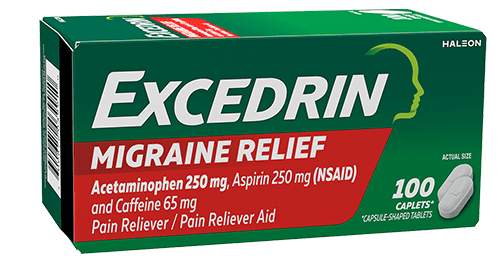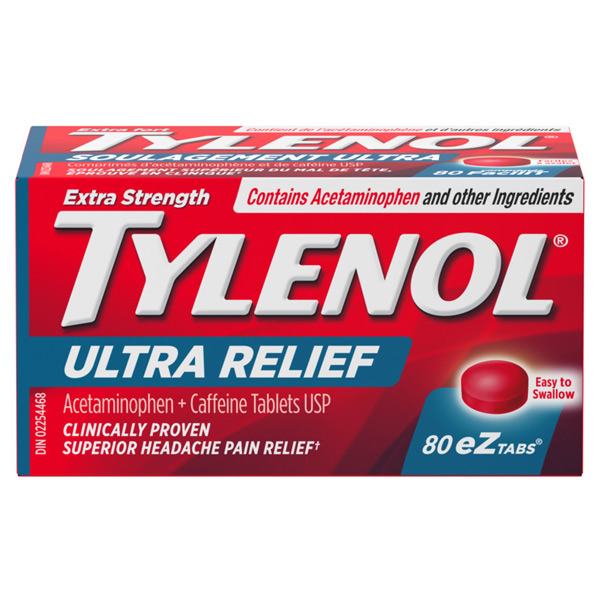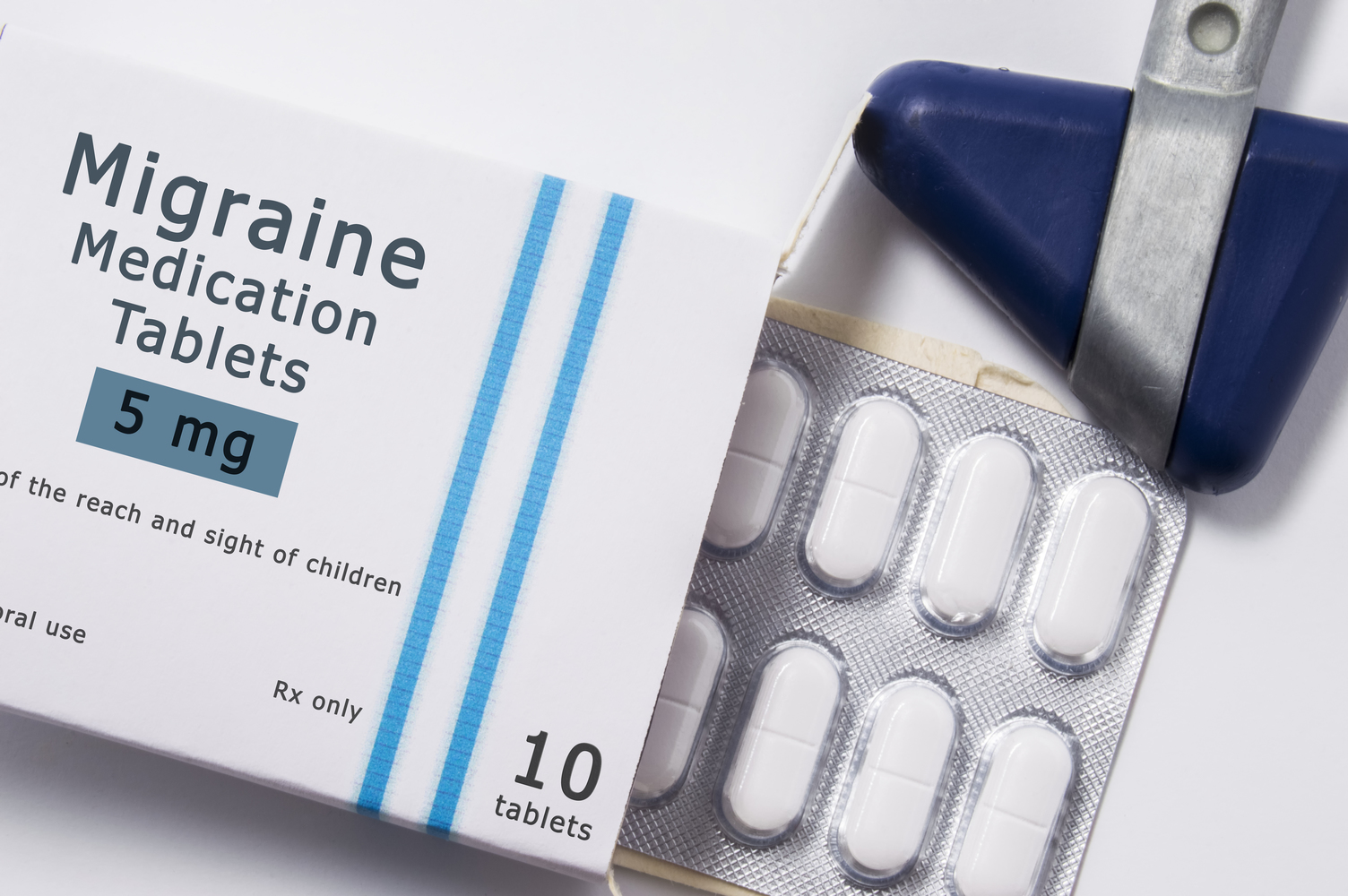We deliver to you every day from 7:00 to 23:00
The best discounts this week
Every week you can find the best discounts here.
Painkillers for Severe Migraines: The Best Options for Effective Relief
Severe migraines can be utterly debilitating, often leaving sufferers struggling to function. Finding the right painkillers for migraine relief is crucial for anyone who experiences these intense headaches. While there are many treatments available, the key to effective relief lies in choosing the right medication based on the severity and frequency of your migraines. In this article, we will explore the best painkiller options for managing severe migraines, discuss how they work, and provide additional tips to help manage migraine pain effectively.

What Causes Severe Migraines?
Before diving into the painkillers, it’s essential to understand what causes severe migraines. Migraines are not just regular headaches—they involve a complex series of symptoms that include intense pain, nausea, sensitivity to light and sound, and sometimes vomiting.
Common Causes of Migraines:
-
Genetics: Migraines tend to run in families, indicating a genetic component.
-
Environmental Triggers: Bright lights, loud noises, certain foods, or changes in weather can trigger an attack.
-
Hormonal Changes: Many women experience migraines due to fluctuations in hormone levels, especially around menstruation or pregnancy.
-
Stress: High levels of stress can act as a trigger for severe migraines.
Painkillers for Severe Migraines
When a migraine strikes, finding immediate relief is often the top priority. Various medications are available to manage severe migraine pain, from over-the-counter options to prescription drugs. Let’s look at the most effective painkillers for severe migraines.
1. Excedrin Migraine
Excedrin Migraine is a popular over-the-counter painkiller designed specifically for migraines. It combines acetaminophen, aspirin, and caffeine, a combination that targets both pain and the inflammation associated with migraines.
-
How It Works: Acetaminophen reduces pain, aspirin tackles inflammation, and caffeine helps the other ingredients work more effectively.
-
When to Use: Excedrin is effective for moderate to severe migraines, providing fast relief for those with occasional attacks.

2. Ibuprofen (Advil, Motrin)
Ibuprofen, a nonsteroidal anti-inflammatory drug (NSAID), is another effective option for migraine relief. It works by reducing inflammation and blocking pain signals.
-
How It Works: By inhibiting the production of prostaglandins (chemicals that promote inflammation), ibuprofen reduces pain and swelling.
-
When to Use: It’s most effective in the early stages of a migraine or for mild to moderate pain. You can also combine it with other treatments for enhanced relief.
3. Aspirin
Aspirin is another NSAID that helps reduce pain and inflammation, similar to ibuprofen. It’s a well-known treatment option for headache relief, including severe migraines.
-
How It Works: Aspirin blocks pain signals and reduces swelling, making it effective in treating migraine-related pain.
-
When to Use: It’s useful for mild to moderate migraines but may not be strong enough for severe cases. Combining it with other treatments may increase its effectiveness.
4. Triptans (Sumatriptan, Zolmitriptan)
For severe migraines, triptans are often prescribed. These prescription drugs target serotonin receptors in the brain, which are involved in pain and inflammation during a migraine.
-
How It Works: Triptans work by constricting blood vessels in the brain, which are dilated during a migraine, helping to relieve pain.
-
When to Use: Triptans are best for people with moderate to severe migraines and can be taken as oral tablets, nasal sprays, or injections.

5. Ergotamine Derivatives (Ergomar)
Ergotamine is another prescription medication that can be effective for severe migraines, particularly for people who do not respond to triptans.
-
How It Works: Ergotamine works by narrowing the blood vessels in the brain, similar to triptans, but with a stronger action. It can help reduce the intensity and duration of a migraine.
-
When to Use: It’s most effective when taken at the onset of a migraine attack and works best for chronic migraine sufferers.
6. Anti-Nausea Medications (Metoclopramide)
Many people with severe migraines experience nausea or vomiting, which can worsen the pain. Anti-nausea medications, like metoclopramide, can help alleviate these symptoms.
-
How It Works: These medications work by blocking the signals in the brain that trigger nausea and vomiting, allowing you to keep down pain medication.
-
When to Use: Take anti-nausea medications alongside painkillers for a more comprehensive migraine treatment.

7. Corticosteroids
In rare and severe cases of migraine, a doctor may prescribe corticosteroids like prednisone to reduce inflammation and prevent further attacks.
-
How It Works: Corticosteroids suppress inflammation and immune responses, which can be beneficial for people with refractory migraines.
-
When to Use: Typically reserved for people who don’t respond to other migraine treatments, corticosteroids are used for short-term relief.
Non-Medication Treatments for Migraines
While painkillers are an essential part of migraine management, there are other non-medication treatments that can help relieve symptoms or prevent future attacks.
1. Caffeine
Caffeine is found in many over-the-counter migraine medications, and for good reason—it can help reduce pain and improve the effectiveness of other pain relievers.
-
How It Works: Caffeine constricts blood vessels and can enhance the pain-relieving effects of other medications.
-
When to Use: A small amount of caffeine may be helpful at the onset of a migraine, but too much caffeine can lead to a rebound headache.
2. Cold or Warm Compress
Applying a cold or warm compress to the affected area can help ease migraine pain. A cold compress may numb the pain, while a warm compress can help relax tense muscles.
-
How It Works: Cold compresses reduce swelling and numb pain, while warm compresses increase blood flow and relax muscles.
-
When to Use: Apply a cold compress if you have inflammation, or use a warm compress to relieve muscle tension.
3. Relaxation Techniques
Managing stress is key in preventing migraines. Relaxation techniques such as yoga, deep breathing, or meditation can help reduce stress levels and prevent migraines from occurring in the first place.
-
How It Works: These techniques promote relaxation and help reduce muscle tension, which can alleviate migraine triggers.
-
When to Use: Practice these techniques regularly to reduce stress and minimize migraine frequency.
When to Seek Professional Help
If your migraines are frequent, severe, or do not respond to over-the-counter medications, it’s essential to consult with a doctor or neurologist. They may recommend prescription treatments or preventive therapies to help you manage your condition more effectively.
Signs You Should See a Doctor:
-
Migraines that last longer than usual.
-
A significant increase in frequency of migraines.
-
New symptoms such as visual disturbances or difficulty speaking.
FAQs About Migraine Painkillers
1. Can I use over-the-counter medications for daily migraine management?
While OTC medications like ibuprofen and Excedrin can help manage occasional migraines, they should not be used daily. Overuse can lead to medication overuse headaches. Consult your doctor for long-term management options.
2. What should I do if my migraine medication isn’t working?
If your medication isn’t providing relief, contact your healthcare provider. They may adjust your prescription or suggest alternative treatments to manage your migraines.
3. Are there natural treatments for migraines?
Yes, natural remedies such as peppermint oil, magnesium supplements, and acupressure may help alleviate migraine symptoms. However, these should be used alongside medical treatments for best results.
Conclusion
Dealing with severe migraines can be incredibly challenging, but effective painkillers and treatments are available. From over-the-counter medications like Excedrin and ibuprofen to prescription options such as triptans and ergotamine, the right medication can provide significant relief. However, always consult with a healthcare professional to determine the best treatment plan for your specific needs. With the right medication and lifestyle adjustments, you can reduce the frequency and intensity of migraines, improving your quality of life.











